What Is Engine Coolant?
Engine coolant is a vital fluid in your vehicle. It helps regulate engine temperature and prevent overheating. This fluid absorbs heat from the engine and dissipates it through the radiator. Coolant also prevents corrosion inside the engine and lubricates key parts. Without proper coolant, your engine can suffer damage.
Types of Engine Coolants
There are different types of engine coolants available. The main categories are:
- Conventional Coolants: These are made from a mix of water and ethylene glycol. They require regular replacement due to shorter lifespans.
- Extended Life Coolants: These contain additives that last longer and reduce wear and tear in your engine. They are specially designed to minimize corrosion.
- Universal Coolants: Suitable for multiple vehicle types. However, always check compatibility with your car model before using.
It is essential to choose the right type for your vehicle.
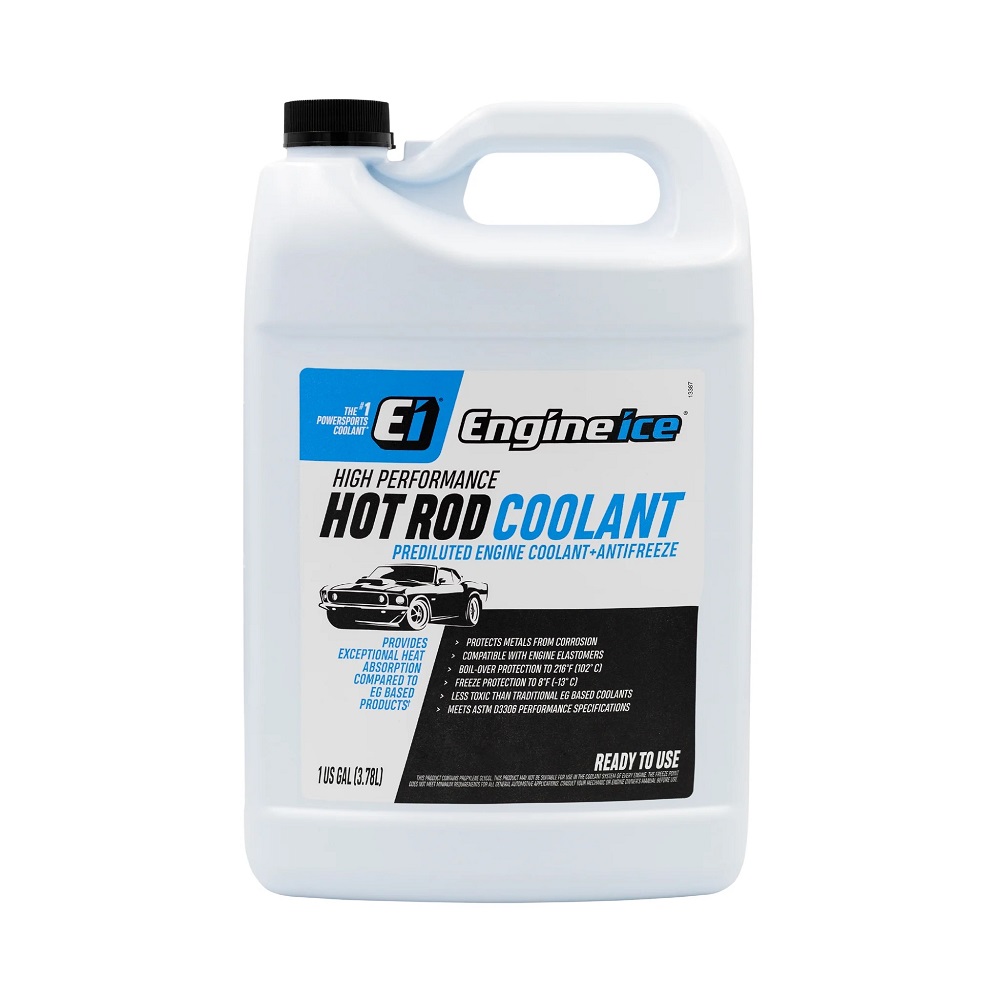
Key Components of Engine Coolant
Engine coolant consists of several critical components:
- Base Fluids (Water and Ethylene Glycol or Propylene Glycol): These handle heat transfer and freezing-point management.
- Corrosion Inhibitors: Prevent rust and damage inside the engine.
- Dye: It gives the coolant color, making leaks easier to spot.
- Additives: Improve performance and offer protection in extreme weather conditions.
These components work together to ensure your car runs smoothly and reliably.
Functions of Engine Coolant
Engine coolant plays a crucial role in ensuring your car’s engine works efficiently. It serves multiple functions to keep your engine healthy and running smoothly.
Temperature Regulation
Engine coolant absorbs heat generated by the engine during operation. It circulates through the engine and moves the heat to the radiator. The radiator then releases the heat into the air. This process prevents the engine from overheating, which can cause significant damage if unchecked. Without proper temperature control, engine performance may drop, and components could fail.
Corrosion Prevention
Corrosion inside the engine can lead to costly repairs. Engine coolant contains special additives called corrosion inhibitors. These protect metal parts inside the engine from rust and other damage. By preventing corrosion, the coolant ensures that the engine’s internal components remain clean and functional for longer. Regular coolant replacement is key to keeping these inhibitors effective.
Lubrication of Engine Parts
Engine coolant also acts as a lubricant for vital engine components, such as the water pump. This lubrication reduces friction and wear, helping these parts work efficiently. A well-lubricated system operates smoothly, avoiding unnecessary strain on the engine. Proper lubrication extends the lifespan of engine components and minimizes the chances of breakdowns.
By regulating temperature, preventing corrosion, and lubricating key parts, coolant ensures your car’s engine remains reliable and in excellent condition.
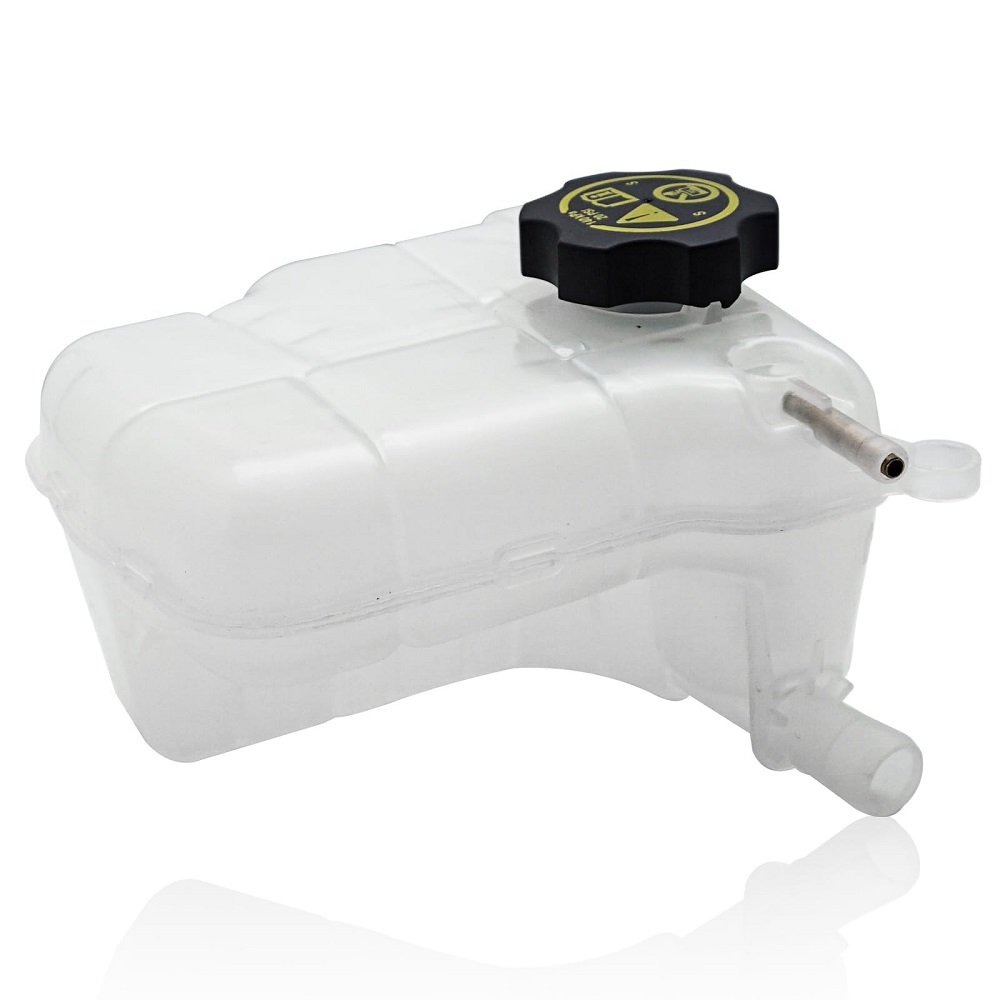
How Engine Coolant Works
Engine coolant is vital for keeping your car’s engine functioning efficiently. It performs essential tasks to maintain optimal engine temperatures and performance.
Heat Transfer Process
The heat transfer process is the core function of coolant. The coolant absorbs heat from the engine as it runs. It then moves through the system to reach the radiator. The radiator releases this heat into the air, cooling the engine. This cycle prevents overheating, which could severely damage engine components. Without the coolant, heat would build up rapidly, leading to engine failure.
Coolant is specially designed to handle extreme temperatures. It won’t freeze in the winter or boil in the summer. This ensures the engine remains cool and functional no matter the weather conditions. A stable heat transfer process reduces stress on the engine and saves you from costly repairs.
Role in Maintaining Optimal Engine Performance
Engine coolant not only manages heat but also supports overall engine performance. By maintaining ideal operating temperatures, it ensures the engine runs smoothly and efficiently. An overheated or excessively cool engine may lose power and fuel efficiency.
Coolant also improves the longevity of engine parts. It prevents wear and tear by lubricating components like the water pump. This lubrication reduces friction, keeping the engine’s moving parts functioning properly. Additionally, the coolant helps safeguard metal parts from corrosion, ensuring the engine remains clean and operational.
Together, these roles make coolant crucial for peak engine performance. Regular maintenance and correct coolant levels are essential for a smooth driving experience.
Signs of Low or Poor Coolant
Low or poor engine coolant can cause severe damage to your car. Recognizing early signs helps prevent costly repairs. Below, we explore the most common symptoms and potential damage caused by coolant issues.
Common Symptoms
- Overheating Engine: The most apparent sign is an overheating engine. A temperature gauge rising above normal indicates an issue.
- Visible Coolant Leaks: Puddles of green, orange, or yellow fluid under the car could mean a leak. Coolant dye makes leaks easier to detect.
- Sweet Smelling Odor: A sweet, syrup-like odor emerging from the engine often points to a coolant leak or burning coolant.
- Steam from the Hood: Steam indicates the engine is overheating. It commonly happens when coolant levels are low.
- Poor Cabin Heating: Low coolant levels may affect the heater, leading to weak or no warm air inside the car.
- Frequent Coolant Top-ups Needed: Regularly needing more coolant might indicate a leak or another issue.
Potential Damage if Left Unchecked
- Engine Overheating: Without enough coolant, the engine overheats, risking blown gaskets or cracked components.
- Corrosion and Rust: Poor-quality coolant fails to prevent corrosion, leading to rust inside the engine.
- Water Pump Damage: Low coolant hinders lubrication, causing the water pump to wear out faster.
- Radiator Malfunction: Insufficient coolant can lead to radiator overheating or failure over time.
- Complete Engine Failure: Ignoring coolant issues may result in irreversible engine damage, requiring expensive repairs or replacement.
Addressing these warning signs promptly ensures your engine remains safe and efficient. Regular checks and maintenance of your coolant are vital to avoid serious problems.
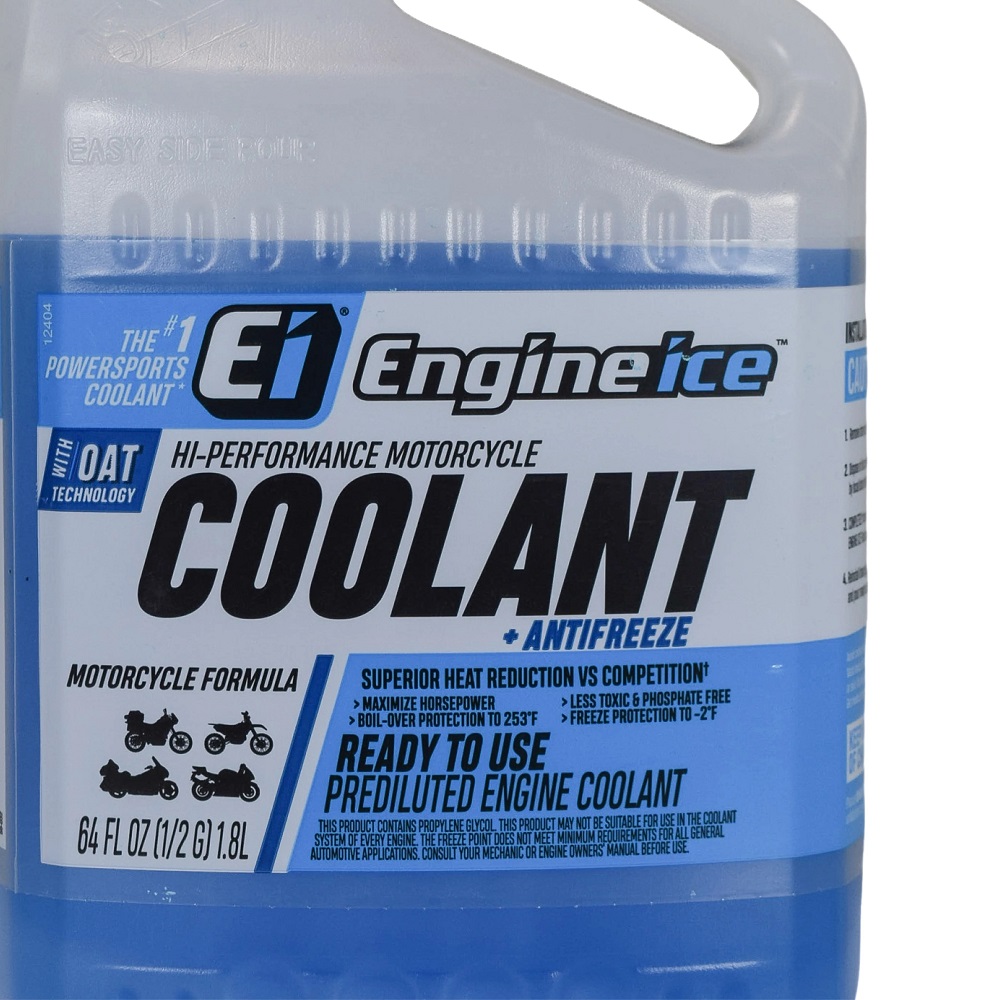
How to Check and Maintain Coolant Levels
Proper maintenance of coolant is critical for your car’s performance and longevity. Regular checks ensure the engine stays cool and runs smoothly. Below are detailed steps for inspecting and maintaining your coolant levels.
Steps to Inspect Coolant Levels
- Wait for the Engine to Cool: Always check coolant levels when the engine is cold.
- Locate the Coolant Reservoir: Find the transparent coolant reservoir near the radiator.
- Check Fluid Levels Against Markings: Check that the coolant is between the “MIN” and “MAX” lines.
- Inspect the Coolant Color: Healthy coolant is brightly colored (green, orange, or yellow). Dark or rusty coolant may need changing.
- Examine for Leaks: Look for damp spots or puddles under your car.
How to Top Up Coolant Safely
- Choose the Correct Coolant: Refer to your car manual for the recommended type.
- Mix Coolant with Water if Needed: Maintain the right ratio (usually 50/50) of coolant and water.
- Open the Reservoir Cap Slowly: Release it carefully to avoid pressure buildup.
- Pour Coolant to the Right Level: Fill only to the “MAX” line, avoiding overfilling.
- Secure the Cap Firmly: Ensure the reservoir cap is tightly closed.
Importance of Regular Coolant Replacement
- Maintain Corrosion Protection: Old coolant loses its ability to prevent rust and corrosion.
- Avoid Overheating Issues: Fresh coolant ensures proper heat transfer and temperature control.
- Improve System Efficiency: Clean coolant lubricates engine parts better, reducing wear and tear.
- Prevent Costly Repairs: Replacing coolant helps avoid severe engine or radiator damage.
Checking and maintaining coolant regularly prolongs the life of your engine. Follow these steps to ensure your car remains in top condition.
Choosing the Right Coolant for Your Car
Selecting the right coolant is crucial for your vehicle’s performance and longevity. Using the wrong coolant may damage your engine, so understanding the options is essential.
Compatibility with Your Vehicle
Not all coolants suit every vehicle model. Always refer to your car’s owner manual for recommended types. Matching your coolant to your car ensures optimal performance and prevents potential engine damage.
Some key tips for ensuring compatibility:
- Check Manufacturer Specifications: Different manufacturers recommend specific coolant types for their engines.
- Avoid Mixing Coolants: Mixing incompatible coolants can affect performance and lead to chemical reactions.
- Consider Material Compatibility: Some engines use materials like aluminum, which need specific inhibitors in coolants.
Using the correct coolant type improves efficiency and prolongs engine life.
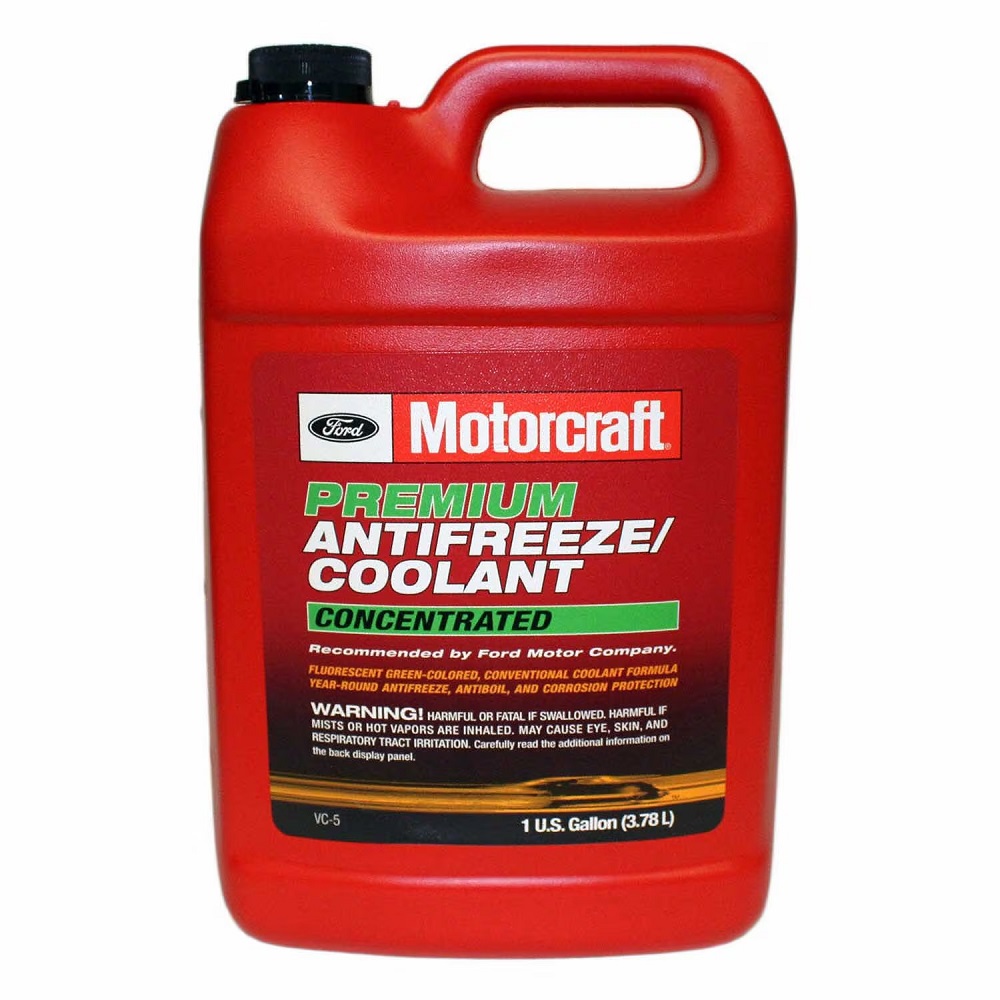
Differences Between Conventional and Extended Life Coolants
Understanding the differences between conventional and extended life coolants helps in making the right choice.
- Conventional Coolants:
- Made from ethylene glycol mixed with water.
- Require replacement every 2-3 years.
- Contain basic corrosion inhibitors that deplete faster.
- Extended Life Coolants (ELCs):
- Lasts up to 5 years or more with advanced additives.
- Offers stronger and prolonged corrosion protection.
- Suitable for modern, high-performance engines.
Key Consideration: While conventional coolants work well in older engines, extended life coolants are designed for newer models. Always verify your vehicle’s specifications before choosing between the two.
By selecting a coolant compatible with your car and understanding its lifespan, you ensure the engine stays protected and runs efficiently.
Coolant and Seasonal Changes
Engine coolant needs adjustments to match seasonal conditions. Extreme weather affects its performance. Proper preparation ensures your car runs smoothly regardless of the season.
Adjusting Coolant for Hot Weather
Hot weather puts your engine at risk of overheating. Proper coolant management helps prevent this problem.
- Use the Correct Coolant Mix: Ensure you have the right coolant-to-water ratio, usually 50/50. This prevents boiling in high heat.
- Check Coolant Levels: High temperatures can deplete coolant faster. Regularly inspect levels in the reservoir.
- Inspect Radiator Function: Ensure your radiator is clean and free from clogs for proper heat dissipation.
- Watch for Coolant Evaporation: Hot weather can increase coolant loss. Check for leaks and top up as needed.
Using high-quality coolant designed for heat protection can safeguard your engine during summer.
Preparing Your Car for Winter Conditions
Cold weather can cause coolant to freeze. Proper adjustments prevent engine damage in freezing conditions.
- Use Antifreeze Coolant: Coolant with antifreeze prevents freezing and safeguards the engine in extreme cold.
- Check Freeze Protection Levels: A coolant tester ensures your mix is effective against sub-zero temperatures.
- Inspect Hoses and Connections: Cold can make hoses brittle. Check for cracks or leaks to avoid failures.
- Warm Up Your Engine: Allow the engine to warm gradually before driving in freezing weather.
Preparing your coolant system for winter helps avoid freezing and ensures smooth engine operation. Always follow manufacturer recommendations for best results.
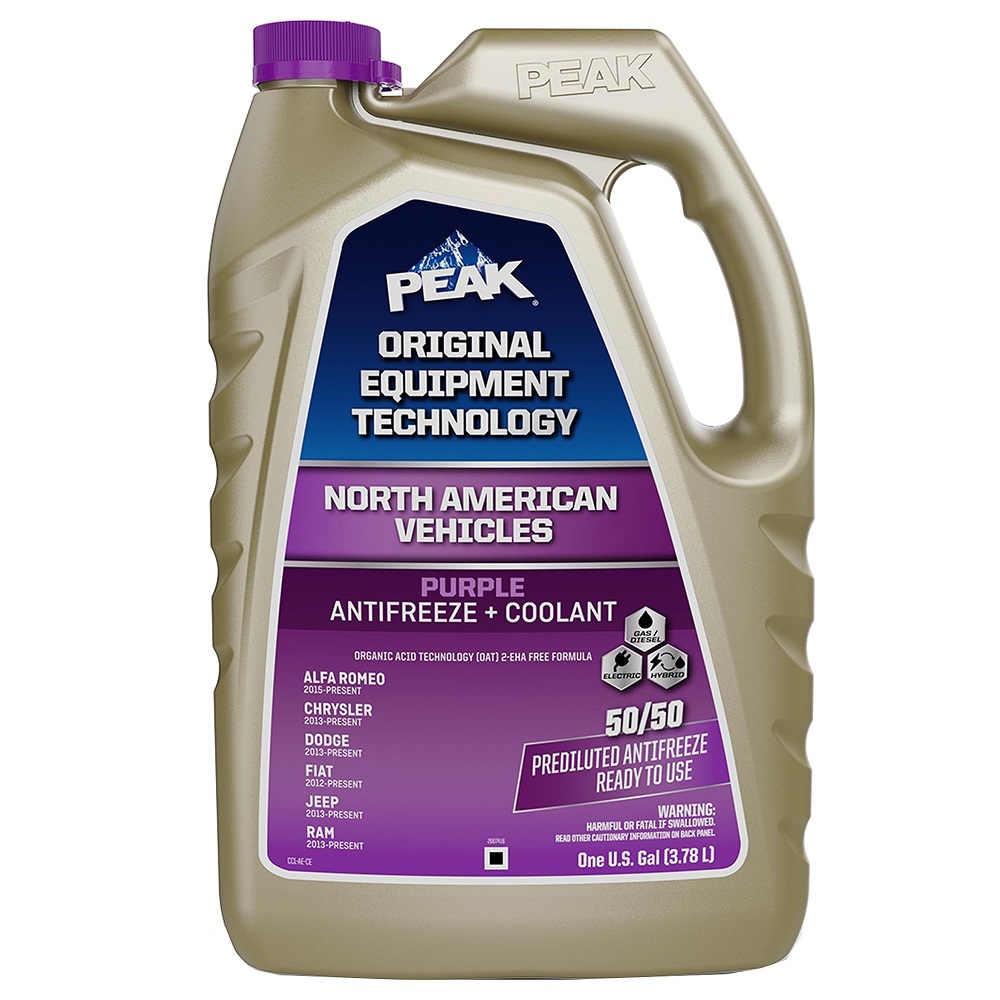
Common Myths About Coolant
Misunderstandings about coolant can lead to improper car maintenance. Let’s clear up some common myths to help you better care for your vehicle.
Debunking Misconceptions
- “Water Alone is Enough for Cooling”:Many assume that water can replace coolant. This is incorrect. Water lacks the vital properties of coolant, such as corrosion inhibitors and freeze protection. Coolant is engineered to manage extreme engine conditions that water alone cannot handle.
- “All Coolants Are the Same”:People often believe one coolant fits all cars. In reality, every vehicle has specific coolant requirements. Using incompatible coolant could harm your engine.
- “Coolant Never Needs Replacement”:Some believe coolant lasts the life of the car. That’s untrue. Over time, coolant degrades, losing its effectiveness. Regular replacement is essential for optimal performance.
- “Mixing Coolants Boosts Effectiveness”:Mixing different types of coolant can cause chemical reactions. This may lead to clogs or reduced performance. It’s essential to stick to the type recommended by your car’s manufacturer.
- “Coolant Leaks Are Harmless”:Small leaks may seem insignificant but can lead to overheating or severe engine damage. Address leaks immediately to avoid costly repairs.
Why Coolant is More Effective than Water Alone
Engine coolant is superior to water for several reasons:
- Wide Temperature Range:Coolant works effectively in extreme hot and cold conditions. Water freezes in winter and boils in summer, making it unreliable.
- Corrosion Protection:Coolant contains additives that protect engine metals from rust. Water accelerates corrosion, damaging engine parts over time.
- Lubrication of Components:Coolant lubricates key parts like the water pump. Water provides no lubrication, increasing wear and tear.
- Longer Lifespan:Coolant lasts longer than water, offering consistent performance. Water evaporates quickly, needing frequent top-ups.
By relying on properly mixed engine coolant instead of water, you ensure better engine health, longevity, and performance.
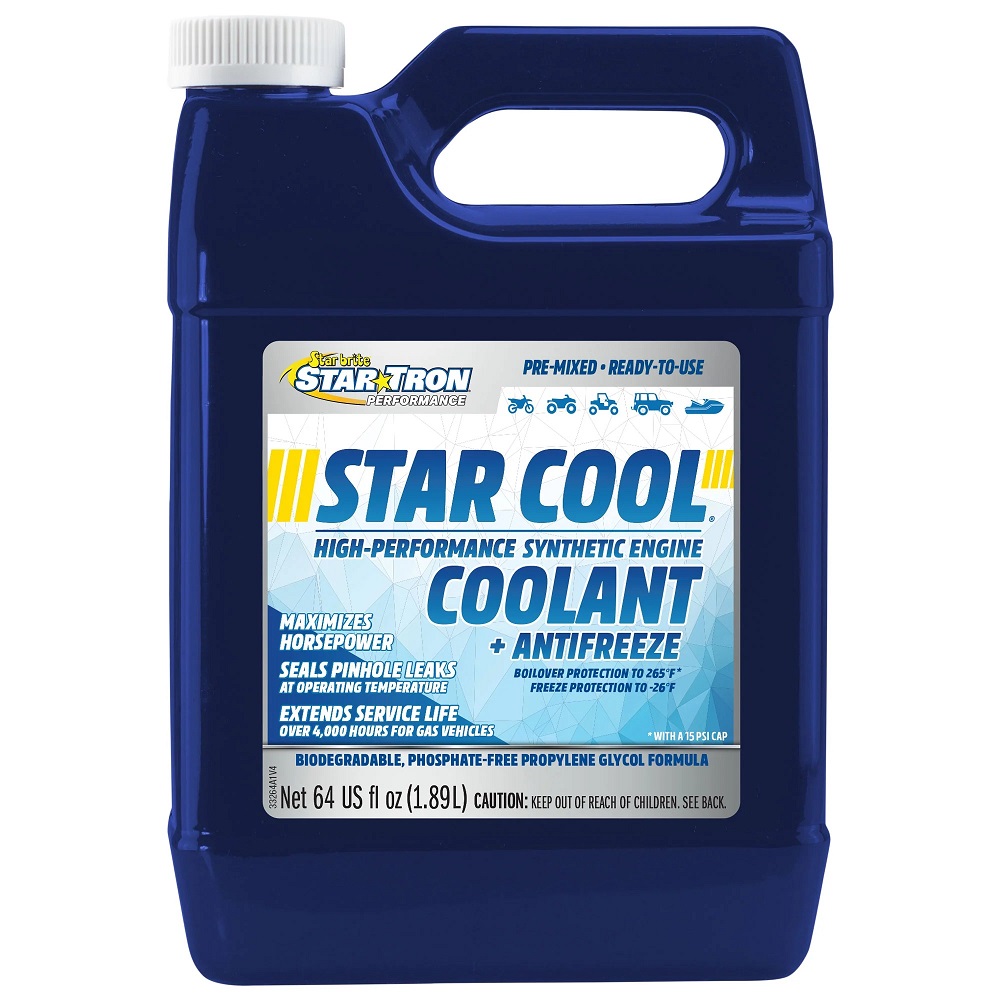
Leave a Reply